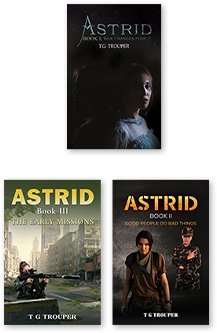
What is wrong with the word ‘about’?
Heard on the BBC World service: “Later we’ll be talking dinosaurs”. So I listened, and the presenters didn’t transform into dinosaurs and acquire the power of speech – which is actually what that statement means.Heard on BBC Radio 4: “Later we’ll be talking Alzheimer’s.” Alzheimer’s is a medical condition, not a language.
Heard on another BBC radio program: “We are talking cars.” Well, Kit from Knight Rider was a talking car, and I don’t think it will be too long before we have cars that talk to us. The presenters may well have been cars that talk, I don’t know, it was radio, I couldn’t see them.
All this might sound a bit trivial but put yourself in the position of a non-native English speaker who wants to improve their language skills. What better way to do that than to listen to the BBC’s premium speech-only radio services. Surely the grammar and syntax will be correct there… won’t it?
So, what is wrong with the word ‘about’? why does it get dropped from sentences and turn them into literal nonsense? It’s not a hard word to say; it’s not obscure. There are plenty of synonyms for ‘about’, but none fit well into the above examples. Are we in the early stages of George Orwell’s Newspeak? (I recently read 1984 – written in 1949 - and was horrified at the number of predictions that have come true) For those that haven’t read it, Newspeak was (or should that be ‘is’) a way of reducing the vocabulary to the point where no-one would have the language skills to challenge authority.
Or is this just an evolution of language and the word 'about' is soon to be redundant?
Post Views : 880